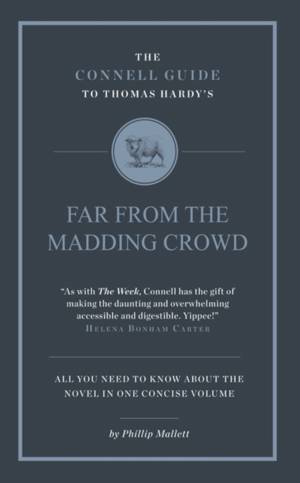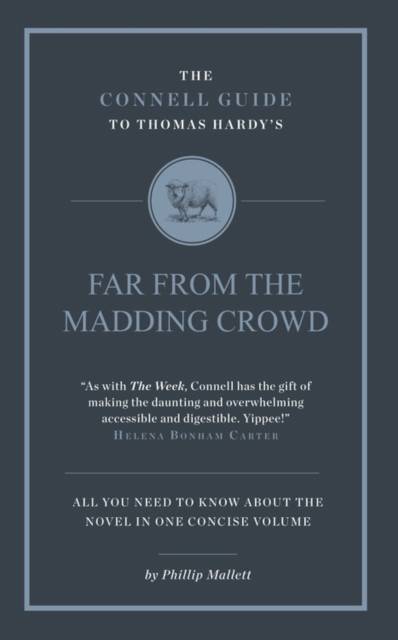
- Retrait gratuit dans votre magasin Club
- 7.000.000 titres dans notre catalogue
- Payer en toute sécurité
- Toujours un magasin près de chez vous
- Retrait gratuit dans votre magasin Club
- 7.000.0000 titres dans notre catalogue
- Payer en toute sécurité
- Toujours un magasin près de chez vous
Description
For better or worse, Far from the Madding Crowd was the novel Victorian readers wanted him to write over and over again. One early reviewer was delighted by the pastoral elements: "when the sheep are shorn in the ancient town of Weatherbury, the scene is one that Shakespeare or that Chaucer might have watched." But what Hardy had promised as a quiet story took off in unexpected directions. Bathsheba is not merely tempted to make the wrong choice, but does so, and is only saved from the lifelong consequences of her mistake when a third suitor, Farmer Boldwood, murders the husband who torments her. Rather than a "pastoral tone and idyllic simplicity", noted a critic in the Westminster Review, what marked Far from the Madding Crowd was its "violent sensationalism" marital desertion, illegitimacy, death in childbirth, murder, attempted suicide and insanity. Yet this is not a dark novel. Nearly 30 years after its publication, Hardy wrote that it seemed to him "like the work of a youngish hand, though perhaps there is something in it which I could not have put there had I been older". That "something" has been variously identified as charm, amplitude, richness of incident and humour, or, more broadly, the assurance that despite the sense that deep social and economic changes are imminent, the closing marriage will maintain the community and its traditional order a little longer. If even here, in the last work he was to write from his childhood home in Bockhampton, Hardy could not wholly ignore the darker aspects of rural life, Far from the Madding Crowd remains the warmest and most celebratory of farewells.
Spécifications
Parties prenantes
- Auteur(s) :
- Editeur:
Contenu
- Nombre de pages :
- 128
- Langue:
- Anglais
- Collection :
Caractéristiques
- EAN:
- 9781907776151
- Date de parution :
- 01-09-18
- Format:
- Livre broché
- Format numérique:
- Trade paperback (VS)
- Dimensions :
- 109 mm x 175 mm
- Poids :
- 163 g

Les avis
Nous publions uniquement les avis qui respectent les conditions requises. Consultez nos conditions pour les avis.






